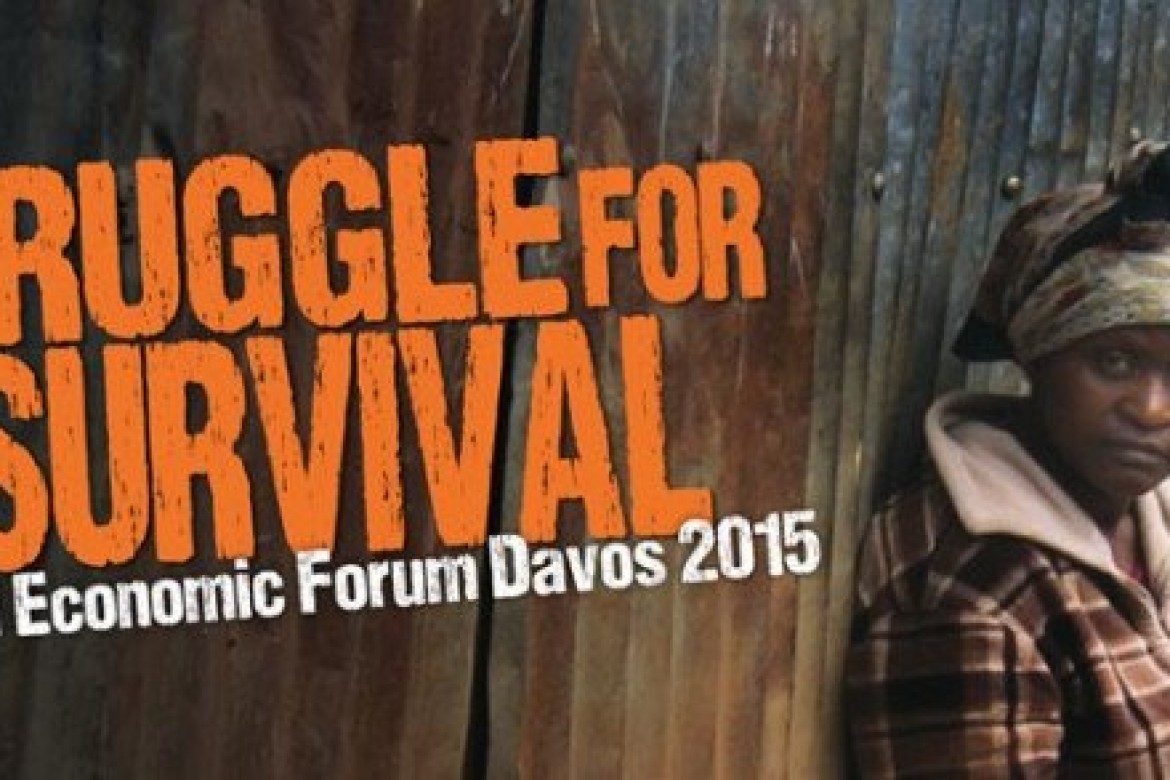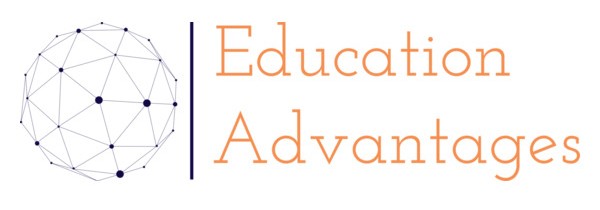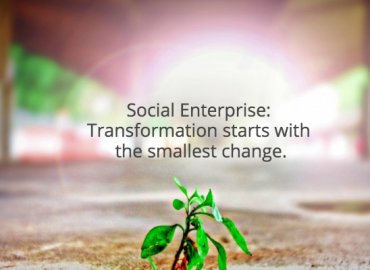How Simulations Could Drive Empathy
‘I hear and I forget. I see and I remember. I do and I understand’. Chinese Proverb
Earlier this year, The ‘Struggle for Survival’ simulation program at the 2015 World Economic Forum, Davos caught my attention as the application of models, tools and methodologies, within and between sectors, has been a career long interest. Moreover, utilization of the tools and methodologies, to assist with business decision-making, goes back to my early years building revenue simulation models that forecasted demand for telecom services. Often the application across segments and sectors – major corporate to small business, business to public sector, business to the NGO sector – provides an exciting opportunity to address many challenges and better position organizations. However, many leaders in organizations missed the opportunities as they are often reluctant to embrace new approaches, including entertaining new language. The simulation program at Davos is commendable and an excellent example of the application of a business modelling tool in the NGO sector to drive impact.
Simulation Modeling: An Innovative Approach
The ‘Struggle for Survival’, simulation challenge is to take a few steps ‘in the shoes’ of those living on $2 per day or less. This innovative NGO approach to simulate real world situations is a communication strategy that was brought to Davos by the Crossroads Foundation, a Hong Kong based non-profit organization. According to the Foundation, hundreds of companies and leaders have participated in these exercises. Over the short period of time, they experience the dilemmas faced by those that are less fortunate through for example, re-creating the battle for education, shelter, medical care, water and food. Other eye-opening experiences are performing manual labour, breaking rocks to build a simple road with bare hands, and struggling to pay for education, food, and rent.
Empathy: ‘Walk a Mile in Someone’s Shoes’
According to Crossroad, key goals of the program are education, empathy and engagement and leaders who have participated have remained involved in global issues long after their simulation experience. Sally Begbie, CEO of Crossroads Foundation, commented that “simulation process is different in impact than a documentary, a talk or a discussion group in producing empathy”. She also noted that empathy must be linked to opportunity, for some CEOs, the experience has prompted change in their corporate responsibility policies.
In past years, world-renowned CEO participants have included Jimmy Wales, the Founder of Wikipedia, Sir Richard Branson the Founder of Virgin Group, Ban Ki-moon, Secretary-General, United Nations, Sheryl Sandberg, the Chief Operating Officer of Facebook and Peter Brabeck-Letmathe, the Chairman, of Nestle.
Problem Solving: Enlist Collaboration and Co-operation
We are familiar with simulations being used to train, explain and entertain however, these simulations have gone beyond the conventional approaches practiced by NGOs to raise awareness by enlisting collaboration and co-operation.A 2007 study in the Stanford Social Innovation Review, entitled ‘Creating High-Impact Nonprofits’ show that “real social change happens when organizations go outside their own walls and find creative ways to enlist the help of others”
In our day-to-day lives we encounter numerous opportunities to ‘walk a mile in someone’s shoes’. This simple reorientation of our reflection to view the world from another perspective or life from another’s living conditions has the extraordinary impact of eliciting empathy. According to Dr Helen Riess, Associate Professor of Psychiatry, Harvard Medical School, “our human brain is hard wired for empathy because our survival depends on it.” Dr. Reiss in a powerful TEDx Talk on the “Power of Empathy” published December 2013 concluded that “ when we empower others, we can collectively come together to bring our best selves to solve the world’s biggest, smallest and most vexing problems – that is the power of empathy.”




No Comments